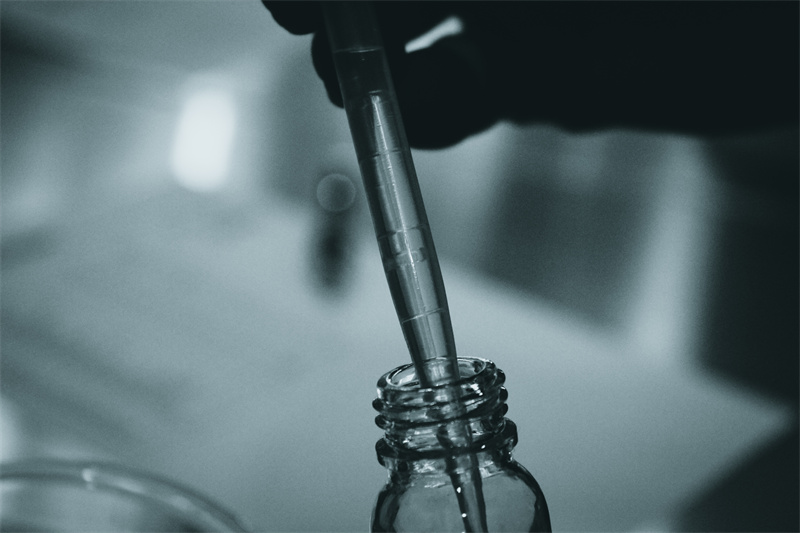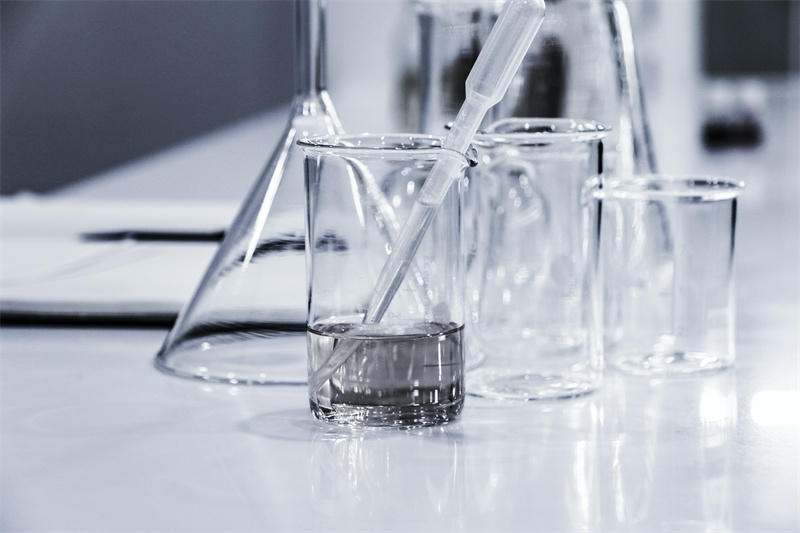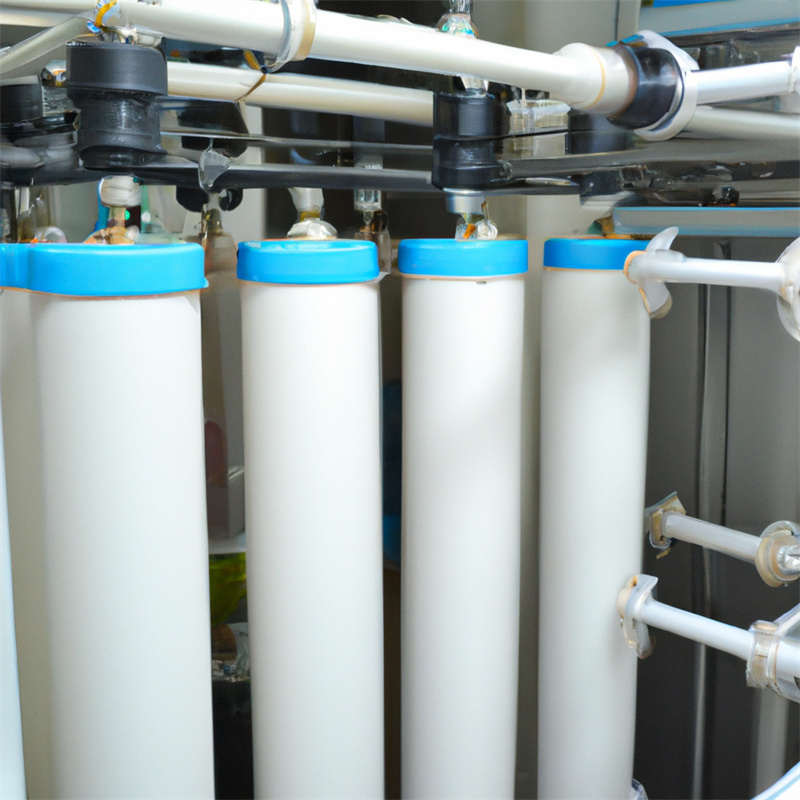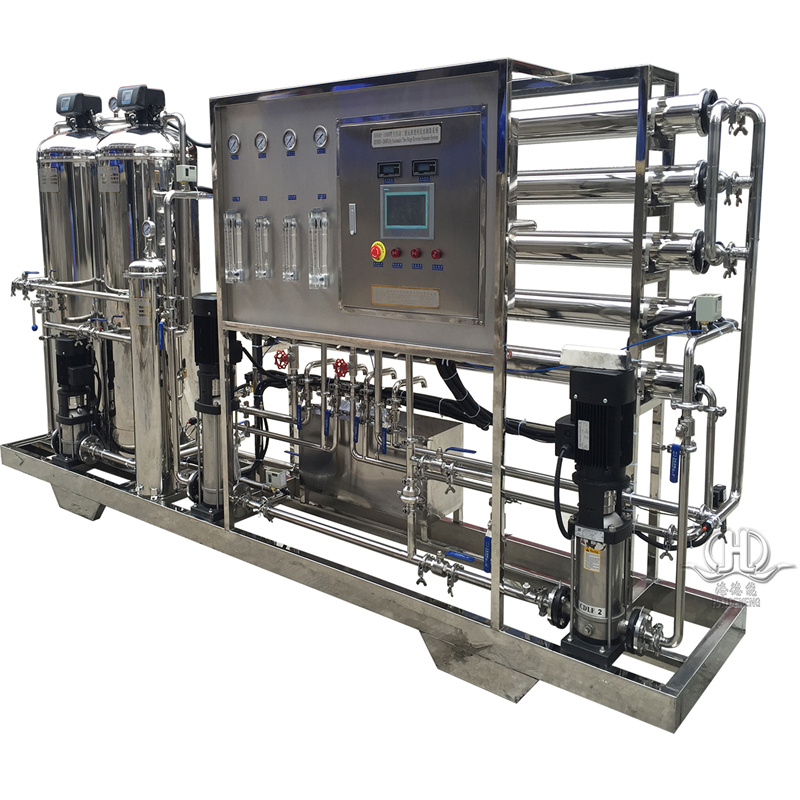Reverse osmosis water has numerous applications and benefits in the following industries: textile printing and dyeing, papermaking, chemical reagent production, chemical pharmaceutical production, and fertilizer and fine chemical production.
Textile Printing and Dyeing: Reverse osmosis water is crucial in the textile industry because it provides high-quality water for various processes like washing, dyeing, and printing fabrics. The purified water helps to maintain the consistency and vibrancy of dyes and pigments, resulting in superior colorfastness and overall quality of the finished textile products. Additionally, reverse osmosis water eliminates impurities, such as minerals and bacteria, which could negatively impact the fabric's appearance and durability.


Papermaking: Reverse osmosis water plays a significant role in the papermaking process. It is used for different purposes, including dilution of chemicals, pulp washing, and producing a clean papermaking environment. The high purity of reverse osmosis water helps in preventing unwanted deposits and impurities on the paper pulp, resulting in a smoother and more evenly textured paper. Additionally, the purified water reduces the risk of equipment corrosion and blockages in the papermaking machinery.
Chemical Reagent Production: Reverse osmosis water is essential in the production of chemical reagents. It serves as a clean and reliable solvent for dissolving and formulating various chemicals accurately. The high purity water ensures that the resulting chemical reagents meet strict quality standards without any contaminants or impurities. Reverse osmosis water also helps to prolong the stability and shelf life of the reagents, maintaining the effectiveness and accuracy of scientific experiments and industrial processes.
Chemical Pharmaceutical Production: Reverse osmosis water is widely used in pharmaceutical manufacturing for the production of chemicals and medications. It provides a purified and contaminant-free base for the formulation of pharmaceutical ingredients, ensuring the safety and reliability of the final products. Reverse osmosis water also helps to remove impurities that can negatively affect the potency and stability of pharmaceutical compounds, contributing to higher quality and consistency in the production process.


Fertilizer and Fine Chemical Production: Reverse osmosis water is of great importance in the production of fertilizers and fine chemicals. It is utilized for dissolving, mixing, and diluting various chemical components, ensuring accurate and precise formulations. The purity of reverse osmosis water ensures that the unwanted minerals and impurities are removed, allowing for better control of chemical reactions and preventing any adverse effects on the final products. The use of reverse osmosis water in fertilizer and fine chemical production promotes higher product quality and increases overall process efficiency.
To sum up, reverse osmosis water is indispensable in the textile printing and dyeing, papermaking, chemical reagent production, chemical pharmaceutical production, and fertilizer and fine chemical production industries. Its high purity and removal of impurities contribute to the superior quality, consistency, and reliability of products in these industries. Reverse osmosis water ensures optimal production processes, resulting in enhanced performance, durability, and safety in the final products.

